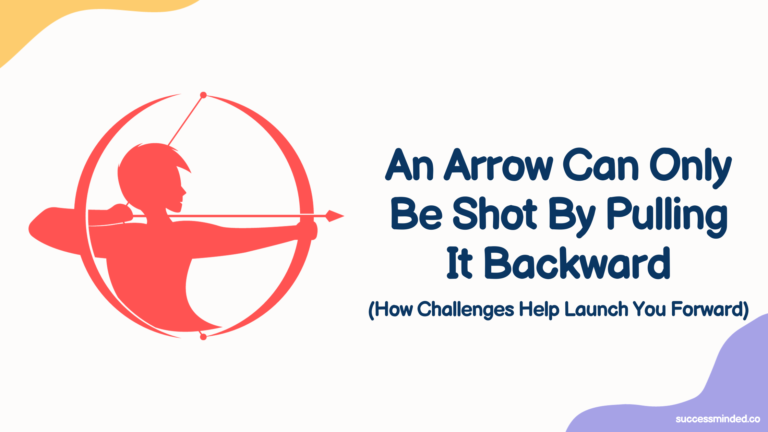When you’ve finished a task or project at work, it’s so tempting to breathe a sigh of relief and immediately click send or move on to the next thing on your plate. But resisting that urge and taking the time to thoroughly double (or even triple!) check your work pays off enormously.
Let’s explore the key benefits you’ll gain from cultivating strong double-checking habits:

Catch Errors Early
Unlike on math tests back in school, in the real world, you don’t get points for having the right process if your final answer is wrong. Catching errors early when they’re still easy to fix saves you major time and hassle down the line.
Reviewing your work in the initial stages prevents tiny mistakes from snowballing into huge problems later on. Nip it in the bud early!
Save Time Down the Road
It may feel tedious putting in the effort upfront to carefully check your own work. But trust me, that small time investment saves you much bigger time and stress fixing problems after the fact.
Preventing damaging mistakes before they spread requires just a fraction of the time and effort it would take for full-on damage control mode. An ounce of double-checking prevention is worth a pound of problem-curing!
Boost the Quality of Your Outputs
When you diligently double-check, you directly increase the quality of whatever you produce, whether it’s a report, presentation, email or anything else. Checking helps refine and perfect your work.
Aim to submit not just technically error-free work but your highest quality outputs. Double-checking leads to just that.
Avoid Embarrassment
We all make dumb little mistakes sometimes. But you want to be sure any obvious errors get caught before work goes out publicly to avoid embarrassment.
Double-check to flag things like typos, data errors, formatting issues or minor calculation mistakes – before the wrong version goes out and makes you look sloppy.
Build Your Reputation
Submitting polished work products earns you a reputation for having great attention to detail and high standards. It shows you take pride in any task you do.
This reliability and consistency will serve you well in building your personal brand and moving up in your career.
Gain Confidence
Knowing you double-checked your work thoroughly provides tremendous peace of mind. You gain confidence that you handled the task rigorously and didn’t let any details slip through cracks.
Think of checking as insurance – it guarantees you walk away feeling proud of your efforts before sharing work.
Learn from Your Mistakes
If you do find errors during checking, see it as a gift! Mistakes show you where your work patterns could improve.
Analyze any trends in the types of errors you catch. Use each one as a valuable lesson learned.
9 Strategies to Double-Check Your Work
Now that we’ve explored why double-checking your work is so critical, let’s discuss some strategies to actually implement rigorous checking habits:

Take a Break Before Reviewing
Our brains often need a short break after finishing initial work before we can come back and review with fresh eyes.
Step away for a while or shift focus to another task, then come back to check. A fresh perspective helps catch things you missed in the heat of the moment.
Print It Out and Read Physically
Reading work off an actual physical page often catches more errors than reviewing on a screen. Our brains process printed pages differently.
Print out documents and read them slowly, line by line, if possible. Use a pen or highlighter to actively mark items you want to revisit.
Read Work Backward
When we read forward, our brains make assumptions and fill in gaps subconsciously, preventing us from noticing certain issues. Reading backward forces you to see each line individually without assumptions.
Start from the bottom of the page or document and read back up line-by-line. This technique highlights issues you’d normally miss.
Verbalize and Check Simultaneously
For longer text-based work like reports or articles, try reading out loud while simultaneously scanning the work visually. Our ears catch different errors than our eyes alone would.
Verbalizing forces you to slow down and focus. If anything sounds off as you read aloud, double-check that spot carefully.
Use Tools to Help Catch Specific Errors
Take advantage of available tools like spellcheckers, grammar checkers, and plagiarism checkers to catch certain mistakes quickly.
But don’t rely fully on technology. Use tools as an aid, but still manually review yourself.
Ask Others to Review Your Work
Having a second set of eyes helps tremendously. Ask a trusted colleague or mentor to review your work product before finalizing.
Explain the context and goal of the work so they can check that you achieved it. Take notes on any improvements they suggest.
Change Up Formatting and Medium
Try transferring your work into a new format or medium and check again from that new presentation.
For visual or interactive work, describe it thoroughly in writing. For written work, explain it verbally to someone. Switching mediums always reveals new gaps.
Use Checklists When Possible
Checklists help ensure consistency and completeness. Create master checklists of key elements to review for common work products.
Customize detailed steps on the checklist to your specific work and context. Then, never submit anything without confirming the checklist is complete.
Prioritize Areas Prone to Errors
Learn where the highest risk areas for mistakes exist in your work, and be extra thorough when checking those spots.
For example, when checking data-driven work, you may want to triple-check all numbers and calculations due to the risk of costly errors.
Conclusion
In the modern workplace, submitting error-free work should be the norm, not the exception. Hold yourself to the highest standards by cultivating rock-solid double-checking habits.
Your thoroughness will pay off for you and your team/company through better quality outputs and more streamlined work processes.
So next time you think you’re done with a project, don’t click send just yet! Invest the effort to double-check, and you’ll protect yourself in the long run.




Pingback: "Lost Time is Never Found Again": Benjamin Franklin – Success Minded